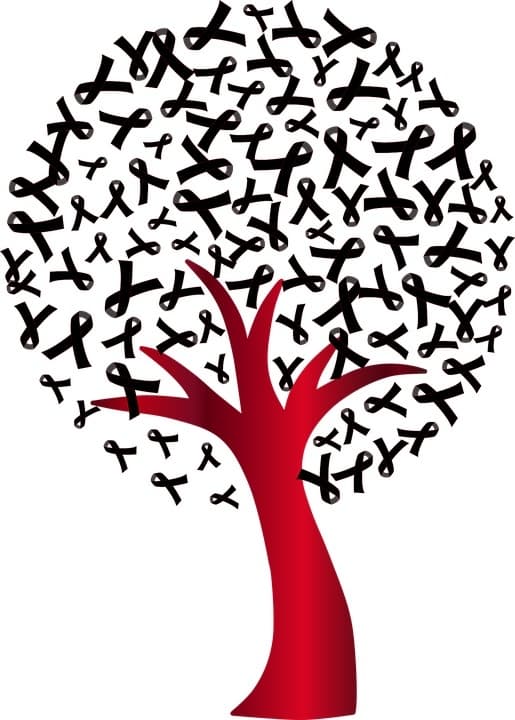
Hiv
HIV, also known as AIDS, is a sexually transmitted disease. HIV has also been found to spread from the infected blood of a mother that is a carrier to the child during pregnancy, childbirth or during breastfeeding. HIV is a chronic condition that can be life-threatening without proper care. This is because HIV challenges the body’s ability to combat infection and disease and causes it to weaken. There is currently no available cure for HIV/AIDS. However, there are certain medications that can dramatically decrease the progression of the infection. There are various stages of HIV, including Primary Infection (Acute HIV), Clinical Latent Infection (Chronic HIV) and Symptomatic HIV Infection.
How HIV Spreads
HIV is spread through a carrier with infected blood, vaginal or semen secretions that enter your body. This process can occur in the following ways:
Through sexual intercourse, allowing the disease to enter the body via small tears, mouth sores or in the vagina or rectum while engaging in sexual activity.
Sharing needles with someone who has HIV
Receiving blood transfusions that are contaminated with HIV
From mother to child during pregnancy, childbirth or breastfeeding
Getting accidentally stuck with an HIV-contaminated needle or other sharp object (mainly a risk for health care workers)
HIV Treatment and Prevention
You can still protect yourself and others from HIV and AIDS. If you have HIV, taking a prescribed HIV medication can prevent your current partner from developing the infection. Using a condom every time you have sex and informing the person prior to engaging in sex of your HIV-positive status is important. Consider taking PEP (post-exposure prophylaxis) within the first two days of becoming exposed to unprotected sex or needles to reduce your likelihood of getting HIV.
Notice: The above information is an educational aid only. Always consult your healthcare provider to ensure the information displayed on this page applies to your personal circumstances.
Prescripton Hiv Medications
- Atripla
- Biktarvy
- Combivir
- Descovy
- Dovato
- Edurant
- Epzicom
- Genvoya
- Intelence
- Isentress
- Isentress HD
- Kivexa
- Prezcobix
- Reyataz
- Triumeq
- Viread
- Ziagen
- Abacavir
- Abacavir Lamivudine
- Abamune
- Abamune L
- Atazanavir
- Bictegravir / Emtricitabine / Tenofovir
- Duovir
- Efavirenz/Emtricitabine/Tenofovir
- Inbec
- Tenofovir
- Tenvir
- Viraday
- Zepdon
Your Cart
Your Cart

